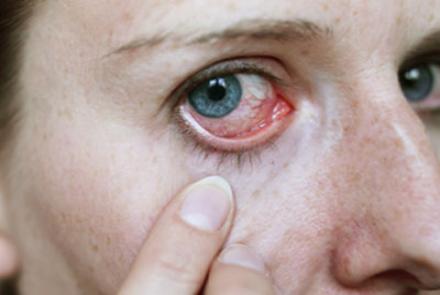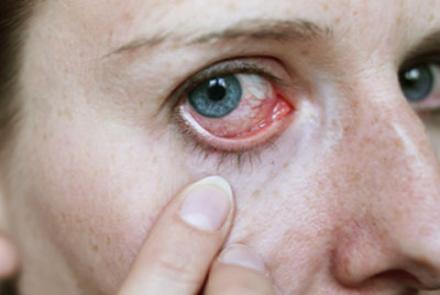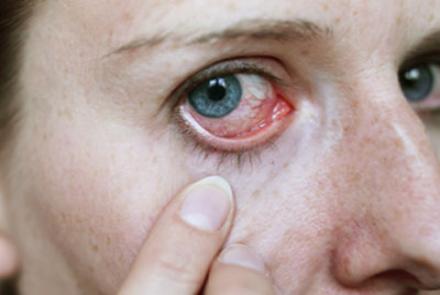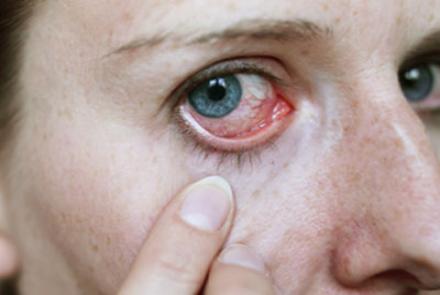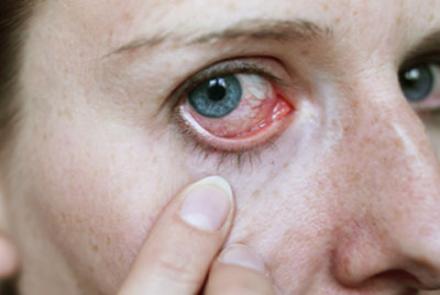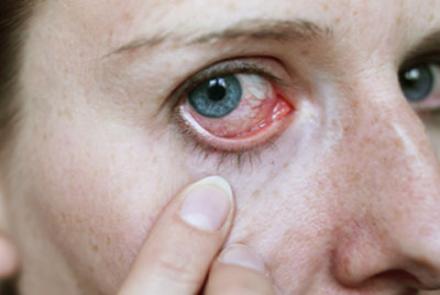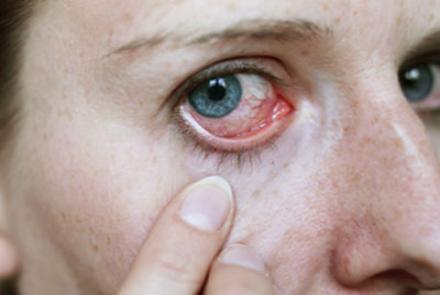Tear substitutes form the mainstay of treatment. They are aqueous solutions containing polymers that determine their viscosity, retention time and adhesion to ocular surface. They are cellulose derivatives like HPMC-hydroxypropyl methylcellulose and CMC-carboxymethycellulose, polyvinyl derivatives like polyvinyl alcohol, chondroitin sulfate and sodium hyluronate. Artificial tears provide improvement in symptoms of eye irritation, blurred vision and visual contrast sensitivity. However…
Latest Stories
- Dry Eyes can progressive through various stages - from mild to severe. Each stage can have different complications On examination in mild form of dry eyes, the tear film may show mucous debris and strings of mucoid discharge. The picture may be of a non-specific chronic conjunctivitis. In moderate cases, there may be corneal epithelial erosions, punctate keratopathy, and filamentary keratitis. Severe cases present with corneal ulcer, opacities and neovascularisation.
- A doctor, typically an opthalmologist needs to do a complete examination of the eye. He/she will ask you for other health conditions, your history of eye health, your habits and practices. They may even need to measure the volume and quality of tears using - Schirmir test. - Fluorescein dye test - Lissamine green test
- Treatment modalities: The treatment of dry eyes can be divided into: Medical therapy: Is the mainstay of treatment for mild to moderate type of dry eyes. Tear substitutes or artificial tears are aqueous solutions containing polymers that determine their viscosity, retention time and adhesion to ocular surface. In moderate to severe cases, where there is a lot of inflammation, drugs like topical cyclosporine A and corticosteroids are administered. Oral tetracycline and essential fatty acids…
- Therapy of dry eyes require a multipronged approach. Mild cases of dry eyes- Patient will benefit from preventive measures like behavioural and environmental modifications. Certain preventive measures are as follows- Avoid direct blow of air to your eyes e.g hair dryers, car heaters, and airconditioners. Use humidifiers in winters. Wraparound glasses help during outdoor activities. During prolonged use of screens and long reading hours one should take a break of few seconds every half an hour…
- What are the symptoms and signs of dry eyes: Dry, scratch, gritty and sandy feeling in the eye. Foreign body sensation. Ocular irritation, itching and burning. Pain, soreness, redness, heaviness of eyelids. Blurred vision and intolerance to light. Increased blinking, watering and excessive mucous secretion. The symptoms tend to be worse towards the end of the day with prolonged use of eyes. As dry eyes syndrome progresses from mild stage to severe, there will be different symptoms and…
- What leads to dry eyes: Prolonged use of contact lenses leads to dry eyes. Soft contact lenses actively deplete the rear layer to maintain their hydration level. One of the most important cause of dryness these days is extensive use of computer and mobile screens. Studies have shown that excessive use of screens enhances the evaporation of tears along with decreased blink rate. Dry eyes are also commonly seen in old age with more preponderance in women, particularly in peri and post-menopausal…
- Sometimes the routine activities like going to a restaurant or a dentist or a hair salon can seem daunting to a person with autism. Parents often do not know how to help their child navigate through these activities. Children with Autism are able to cope better with new and difficult social situations if they are prepared for it through video modelling. Social stories [TM] are a technique that was created by Carol Gray in 1991 to help teach social skills to people on the autism spectrum. They…
- Dr S M Akerkar, Consulting Rheumatologist, offers some useful tips for people with arthritis to get work done at home the easier way and to minimize the load on the joints. This is the second of the 2-part series. In the first part we read useful day to day tips on arranging the kitchen to make it easier for people with arthritis to continue to function. How to arrange your kitchen if you have arthritis? Use shelves with 'easy to remove' features. Drawers mounted on rollers put less…

